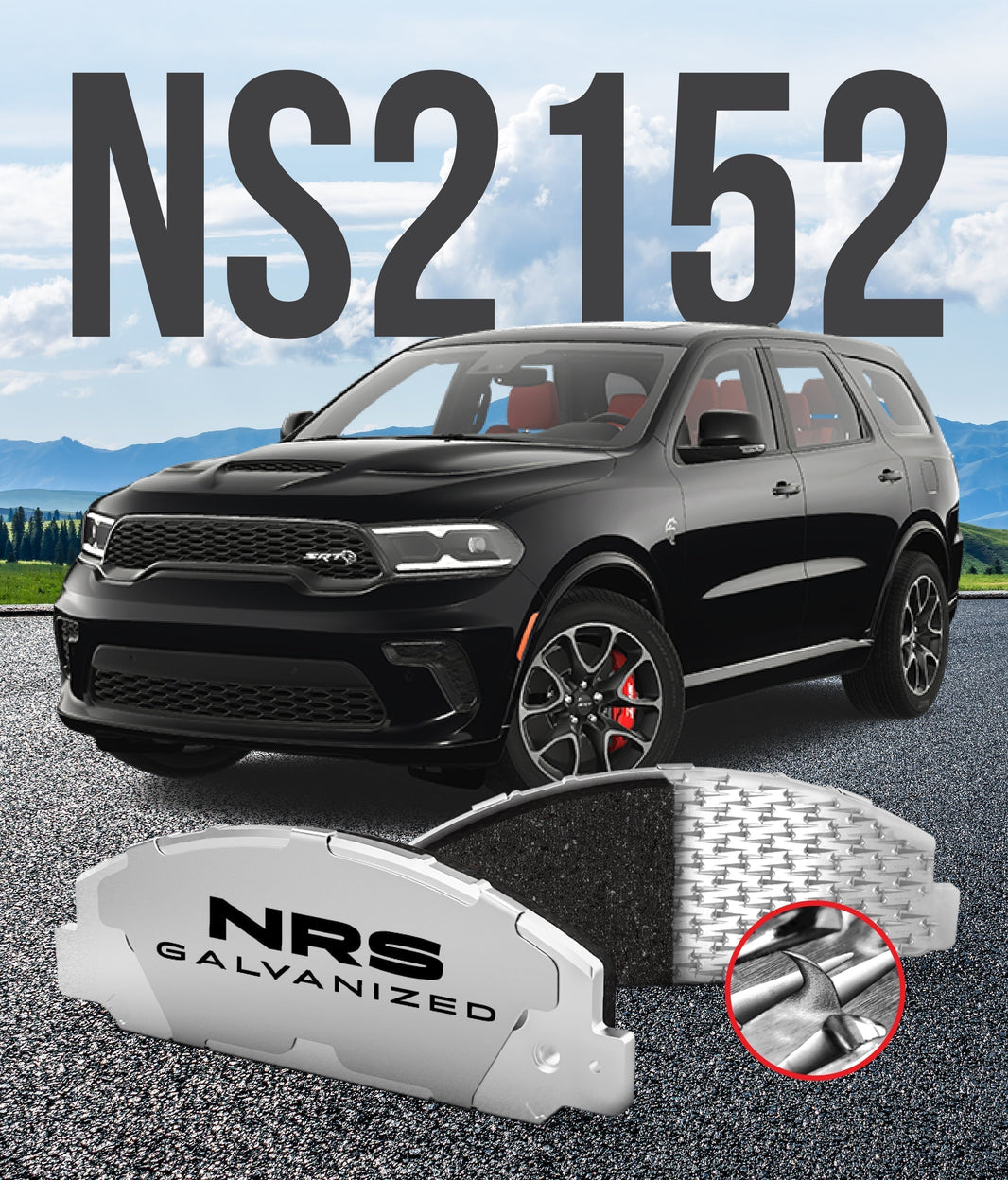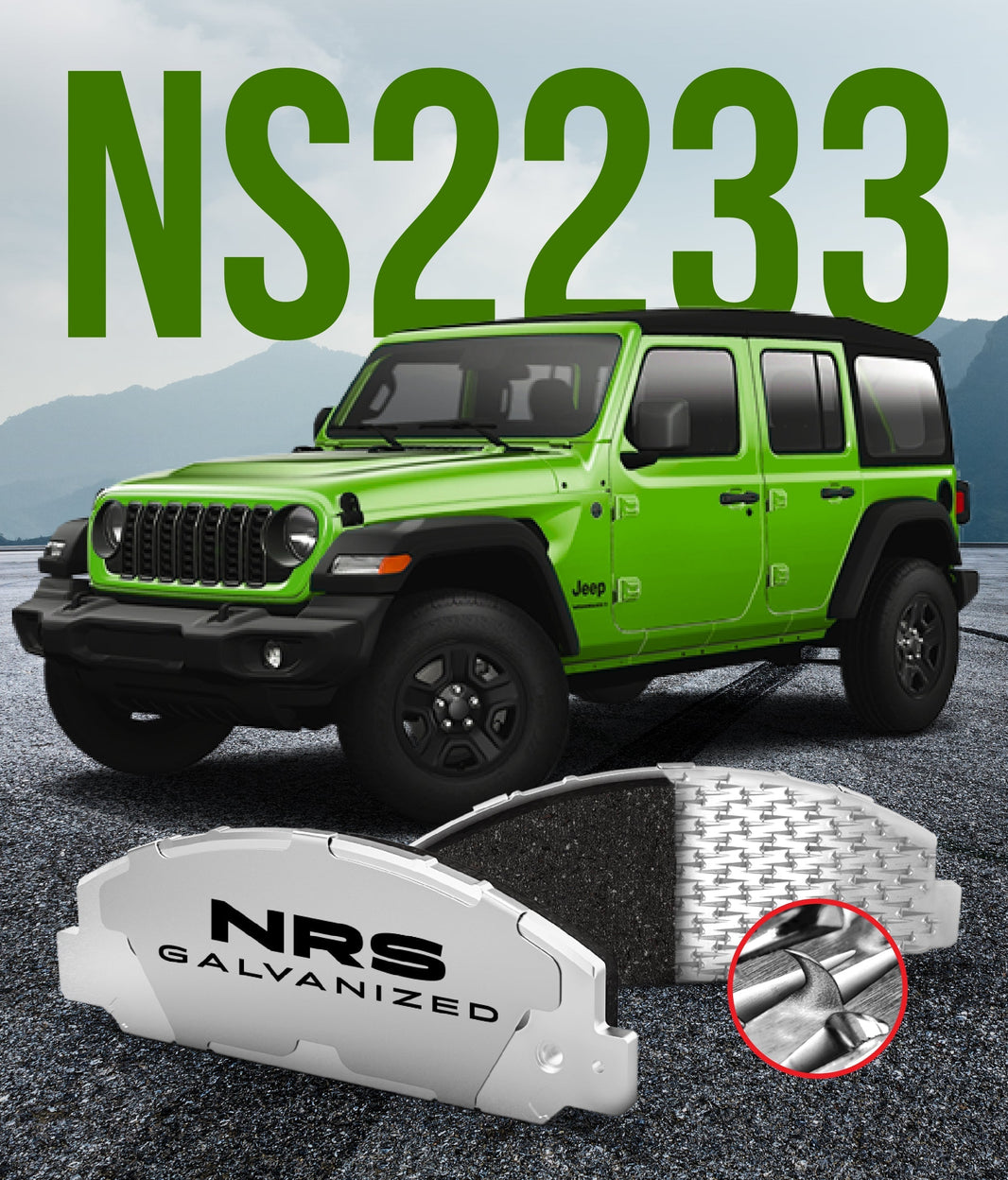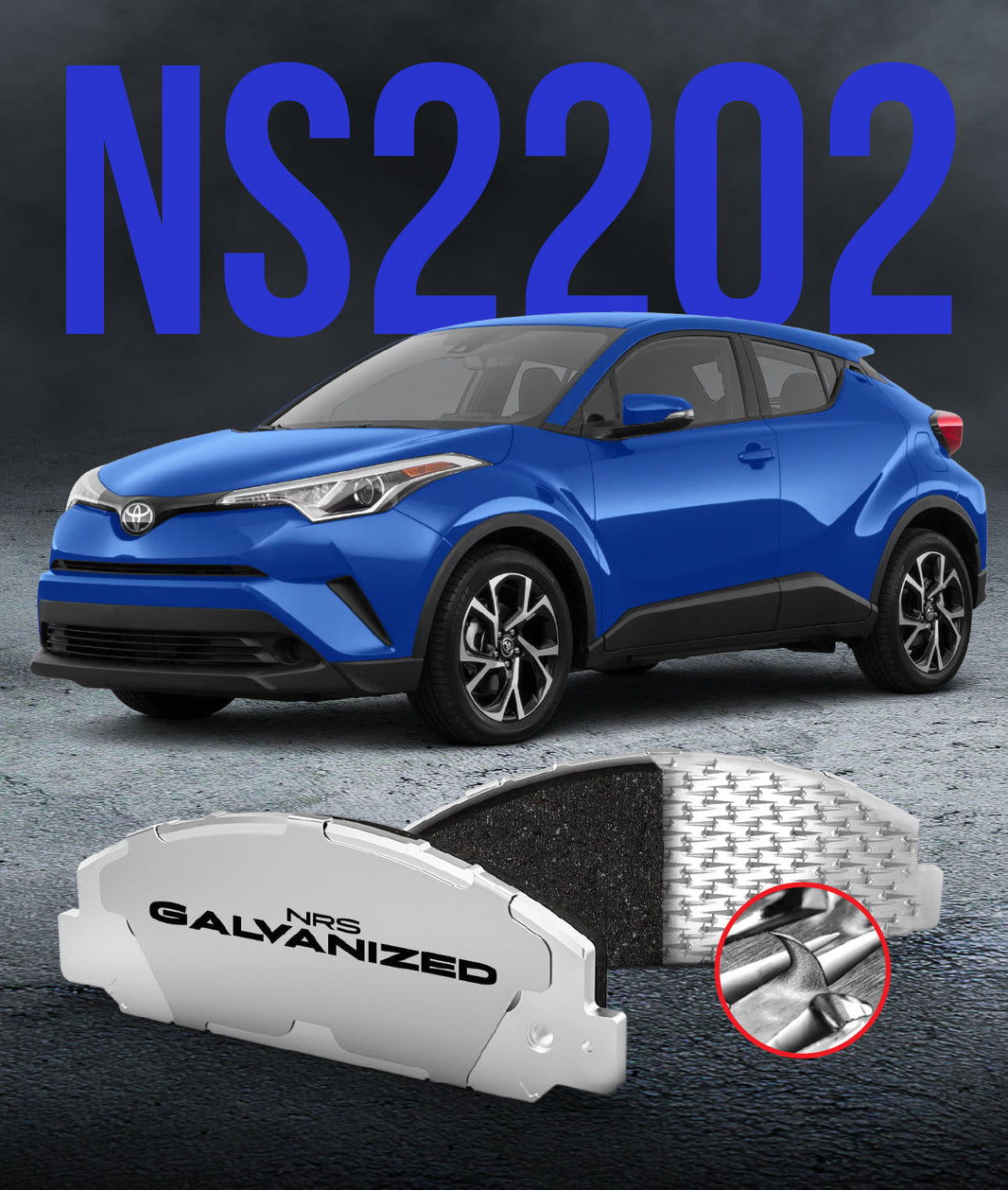
It’s a sound every driver knows and dreads: that high-pitched, ear-piercing squeal when you press the brake pedal. Is it a minor annoyance or a signal of impending brake failure? That noise is your car's way of communicating, and understanding what it's saying is essential for your safety and your wallet.
Squealing brakes can be caused by a range of factors, from harmless morning moisture to critically worn components. Ignoring the sound is a gamble you shouldn't take, as your braking system is the most important safety feature on your vehicle. This guide will help you diagnose the noise, understand the causes, and find the right solution.
Common Causes of Squealing Brakes
Brake squeal is essentially a high-frequency vibration between the brake pads and the rotor. Think of it like running a wet finger around the rim of a wine glass to make it sing. Several conditions within your braking system can create the perfect storm for this annoying vibration to occur.
Normal Operational Noises
Not all squealing indicates a problem. Certain conditions can cause temporary noises that resolve on their own.
Moisture and Surface Rust
Have you ever noticed your brakes squeal first thing in the morning, especially on a damp day? Overnight, a thin layer of rust can form on the surface of your iron brake rotors. This initial squeak is just the brake pads scraping that harmless surface rust away and should disappear after the first few stops.
High-Performance Pads
If you have a sports car or have installed high-performance brake pads, a certain amount of noise is often part of the package. These pads are made from aggressive compounds that provide immense stopping power but can be noisy, especially when cold. This is a trade-off for their superior performance under demanding conditions.
Mechanical Issues Requiring Attention
Persistent squealing that doesn't go away is a clear sign that your brake system needs a closer look. These are the most common mechanical culprits.
Worn Brake Pads
The most frequent cause of a consistent, high-pitched squeal is the brake pad wear indicator. This is a small metal tab built into the brake pad that contacts the rotor when the pad material is low. It's a purpose-built audible alert telling you it’s time for new brake pads.
Ignoring this warning sound will eventually lead to a much harsher grinding noise. That indicates the friction material is completely gone and the metal backing plate is damaging the rotor. This turns a simple pad replacement into a more costly rotor and pad job.
Glazed Pads or Rotors
During hard braking, intense heat is generated, and sometimes this heat can cause the surface of the brake pads and rotors to harden and crystallize. This smooth, glass-like surface is known as glazing. Because the surfaces are so hard, they can vibrate against each other and cause a squeal when the brakes are applied lightly.
Glazed components reduce stopping effectiveness because the hardened surfaces can't create the necessary friction. In some cases, the glaze can be sanded off, but often the affected parts require replacement. Proper "bedding-in" of new pads helps prevent this issue from developing.
Lack of Lubrication or Anti-Squeal Shims
Your brake pads sit in a caliper bracket and are squeezed against the rotor by the caliper piston. There are several metal-to-metal contact points in this assembly that require specific high-temperature lubrication to move freely and dampen vibrations. If this lubricant dries out or is washed away, vibrations can turn into audible squeals.
Furthermore, most quality brake pads come with shims on the back, which are thin layers of metal or rubber designed to absorb vibrations. If these shims are missing, damaged, or of poor quality, they can't do their job. This is a common source of noise, and a key reason why you should always look for the best quality brake pads for your vehicle.
How to Fix Squeaky Brakes
Once you have an idea of the cause, you can take steps to silence the squeal. Some solutions are simple, while others require professional service. The key is to address the issue promptly for your own peace of mind and safety.
A thorough brake inspection is the first step to a proper diagnosis. While a professional mechanic is your best bet, you can perform a basic visual check yourself.
Here is a simple inspection process:
-
Check Brake Pad Thickness: With the vehicle safely parked, look through the spokes of your wheel at the brake caliper. You should be able to see the outer brake pad and the rotor. If the friction material on the pad looks to be less than a quarter-inch (about 6mm) thick, it is time for a replacement.
-
Inspect the Rotor Surface: Look at the surface of the brake rotor. It should be smooth and relatively shiny. If you see deep grooves, scoring, or a bluish tint (a sign of overheating), the rotors will likely need to be replaced.
-
Look for Debris: Sometimes, a small stone or other road debris can get lodged between the pad and the rotor. This can cause a very loud and alarming squeal or scraping sound. A quick visual check might reveal an obvious foreign object.
If the problem is not immediately apparent, the next step is to clean and service the brake components. This often involves removing the calipers and pads to clean away brake dust and corrosion.
To prevent future noise and ensure optimal performance, consider these points:
-
Lubricate Contact Points: When installing new pads, ensure that all metal-to-metal contact points on the caliper bracket and the back of the pads (where they touch the piston and caliper fingers) are properly lubricated with a high-temperature brake grease.
-
Install New Hardware: Always use new hardware clips and shims when replacing brake pads. These small parts are critical for preventing vibration and are designed to be replaced with every brake job.
-
Bed-In New Brakes: After installing new pads and rotors, perform a "bedding-in" procedure as recommended by the manufacturer. This involves a series of controlled stops to properly transfer a layer of friction material to the rotor, ensuring quiet and smooth operation. For a deeper look at solving this issue, you can read more about a quiet solution for squeaky brakes.
Conclusion
A squealing brake is more than just an irritating noise; it is a direct message from your car's most critical safety system. While the cause can sometimes be as benign as morning dew, it often points to worn pads or other components that require service. Taking the time to understand the different types of sounds and their causes allows you to take informed and timely action.
Ultimately, addressing brake noise promptly ensures your vehicle is safe and prevents minor issues from escalating into major repairs. A regular car brake inspection is a small investment in your safety and confidence on the road. What's the most persistent car noise you've ever had to track down?




